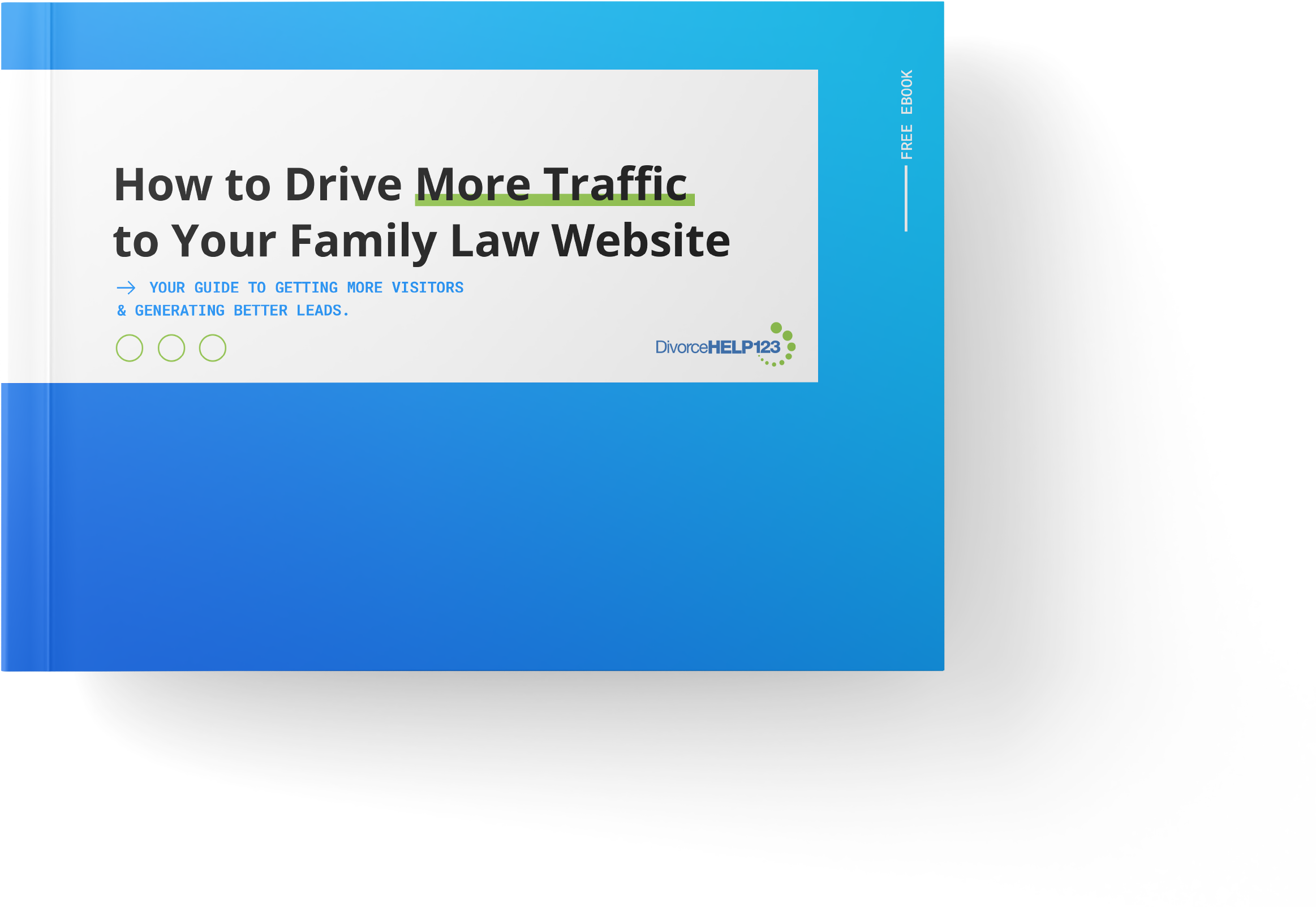We’ve written previously about the importance of effortless experiences for service-based businesses across the board, especially for family law practices.
Now, we want to delve into three major players in the tech space and how they used effortless experiences to disrupt markets and launch era-defining brands.
To learn more about why effortless experiences are so important to us, be sure to check out why your family law process makes you lose clients and 5 myths on how to get more clients.
For this article, we want to go beyond the research and show you, in practical terms, how now-commonplace businesses made a name for themselves.
We’ll take a look at Amazon, Netflix, and Uber, compare their value propositions to their old-timey competitors and showcase the low-effort client interactions at the core of their success.
Major tech brands Family Law practices can learn a lot from
Often, tech-based start-ups and industry disruptors are used as the blueprint for how effortless experiences lend themselves to user experience trends.
Back when Amazon was but a measly online bookshop, it set itself apart from brick-and-mortar stores by having exactly what you’re looking for—no region limitations, no “let me check in the back”. As enjoyable as a night browsing titles through Blockbuster was, the experience wasn’t worth it when you could stay at home and watch Netflix. And don’t get started on the comfort of Uber as opposed to hailing a cab.
Amazon
Before Amazon became one of the most –if not the most– recognizable brands in retail, it was a measly online bookshop at the height of the dot-com bubble.
An often unspoken part of Amazon’s success is that, back in the day, it differentiated itself from physical bookstores by having a wide variety of books immediately available to customers across the nation.
This was a time when logistics made it difficult to consistently stock publications in different markets. Thus, customers who needed a specific volume had to have it sent for, waiting weeks (weeks!) for it to arrive at their local store.
That’s one other reason why its expansion to selling, well, everything worked so well. The company built a logistics chain that just couldn’t be matched by mail-order distributors, their analog predecessors.
Now, effortless experience has become a tenet of Amazon’s success. Everything from multi-use subscriptions to bundling all sorts of products in your shopping cart to fast shipping traces its roots to delivering low-effort interactions.
Uber
Uber has transformed the private passenger transportation industry, to the point where “getting a Uber” has entered our vocabulary as an alternative to “hailing a ride”.
As with other ride-sharing apps, Uber lets users get pretty much anywhere they want at the tap of a button. They do away with many of the problems a customer might have with traditional taxi services, like uncertain prices, lack of security, or –most importantly– high-effort experiences.
It may not take much time, but phoning a cab, working out addresses and directions, keeping one eye out for your destination and the other on the meter, and even handling payment represents a series of service interactions that demand effort from customers. And Uber’s technology substitutes all of that with a simple app.
Once again, tech solutions make it effortless to find, hire, and pay a service provider. This can and should be easily translated into Family Law practices!
Netflix
Let’s go through one final example. Remember Blockbuster? Think back to those nights browsing through the VHS and later DVD titles, sparking conversations with your companions, seeing how films group together under genres, and marveling at every potential watch.
And yet, that went away really fast, right? Its replacement –mindlessly scrolling through your streaming app of choice– is far from enjoyable.
Most people don’t miss it, though. At the end of the day (or night, more likely), the end goal was to enjoy the content. Netflix’s business model circumvented the trials and tribulations that get between the movie-watcher and its movie, with an effortless streaming experience and smart categories backed by a powerful algorithm.
Why Family Law practices should learn from Amazon, Uber, and Netflix
Across all three examples, we find one unifying truth: on-demand services that offer effortless customer experience are here to stay.
Not only do these powerhouses confirm the findings of the CEB study, but they also drive customer expectations of effortless experiences in everything, including family law.
These brands not only dominate their respective landscapes, but they’ve also transformed client expectations. They managed to transform customer expectations of how successful service interactions should be. Now, those customers are now carrying those expectations into your law firm.
At DivorceHelp123, effortless experiences are at the core of our brand values. We understand the importance of delivering low-effort client expectations to the family law practices that chose to work with us. In turn, we empower them to deliver the same value to their clients.
Reach out to us and schedule a meeting to discuss how we could implement an effortless experience in your family law business.

